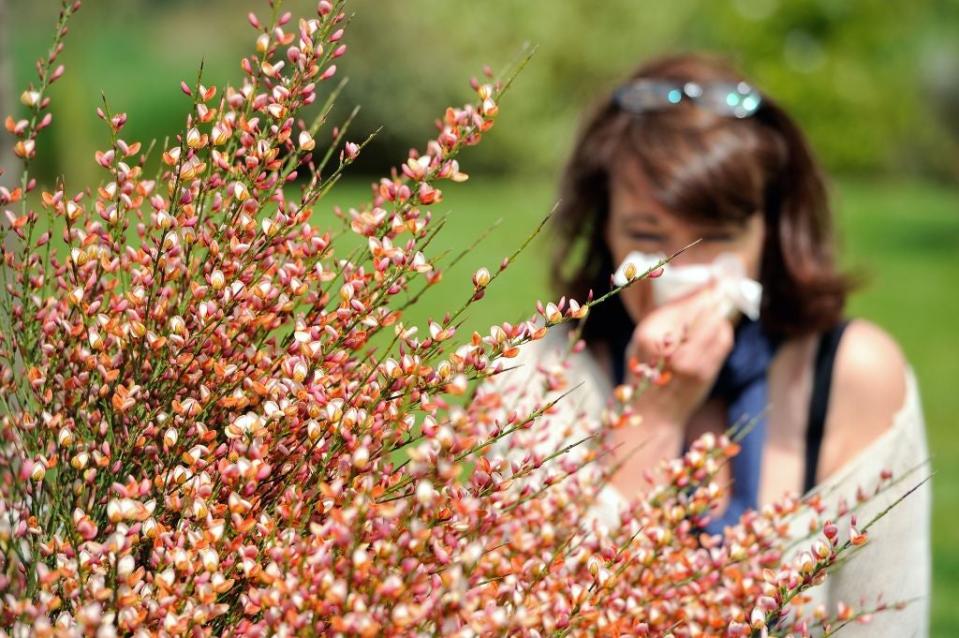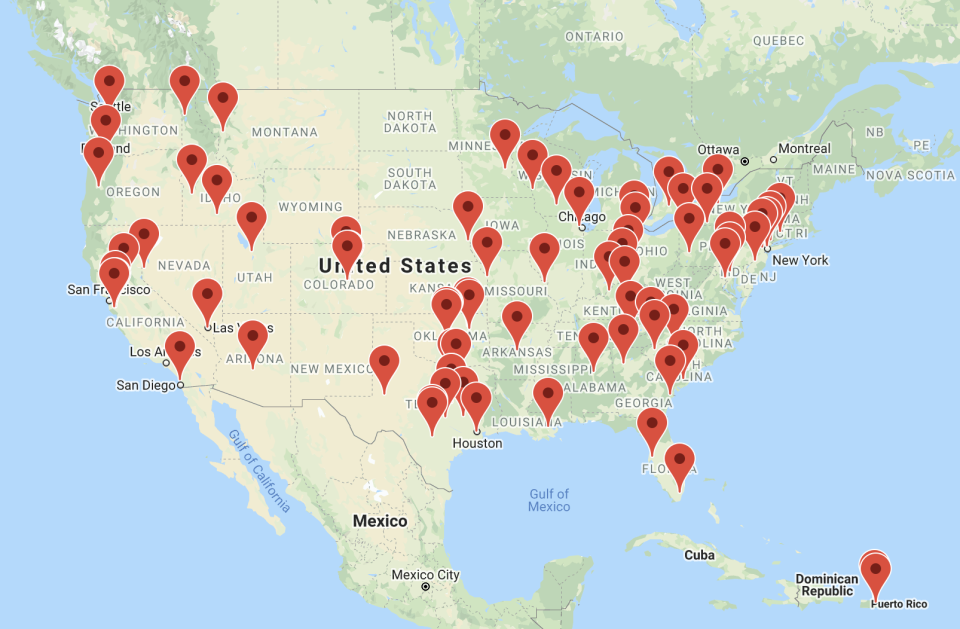The climate crisis is linked to worsening allergy seasons

If you’re among the estimated 36 million people in the US who live with seasonal allergies, this won’t be welcome news.
A study has found that pollen season now starts 20 days earlier and has 21 per cent more pollen than in 1990. And researchers discovered that the climate crisis is playing a significant part in the longer season, and a partial role in the mounting pollen count.
The study, led by Professor William Anderegg of the University of Utah School of Biological Sciences, was published on Monday in Proceedings of the National Academy of Sciences.
“The strong link between warmer weather and pollen seasons provides a crystal-clear example of how climate change is already affecting peoples' health across the US,” says Prof Anderegg.
Longer allergy seasons and higher pollen counts affect disorders such as rhinitis, conjunctivitis and asthma. Those who are most vulnerable include children, the elderly and those with pre-existing conditions.
Additionally, higher levels of greenhouse gases can exacerbate the symptoms of those suffering from asthma and lung disease.
Previous research has found a link between increases in temperature and atmospheric carbon dioxide (CO2), and more pollen production in individual plant species.

However the University of Utah researchers say that this is the first time that pollen trends on a continental scale, and the impact of climate change, have been analyzed.
The researchers gathered data from 60 pollen count stations across the US and Canada, maintained by the National Allergy Bureau, covering the years 1990 to 2018. The stations collate information on pollen and mold levels.
Overall pollen increased by 21 per cent over the 28-year study period, with the largest increases in Texas and the Midwest. Tree pollen increased by greater amounts than in other plants.
Pollen season also begins nearly three weeks earlier than in the early Nineties. Scientists believe that global heating is impacting plants' phenology - the internal clock which control lifecycle - to produce pollen earlier in the year.
To establish a link between the pollen increases and the climate crisis, researchers analyzed the trends with nearly two dozen climate models.
They found that climate change alone accounted for about half of the pollen season lengthening, and roughly 8 per cent of pollen increases.
The study periods were divided into two - 1990-2003 and 2003-2018. In the latter period, researchers found that the climate crisis is having an increasing impact on pollen counts.
Read More
How to change your parents’ minds on climate change - by the Gen Zers who’ve done it
Why 2021 will be a key year in the fight against the climate crisis
From immigration to masks and climate change: All of Joe Biden’s executive orders so far

 Yahoo News
Yahoo News 
